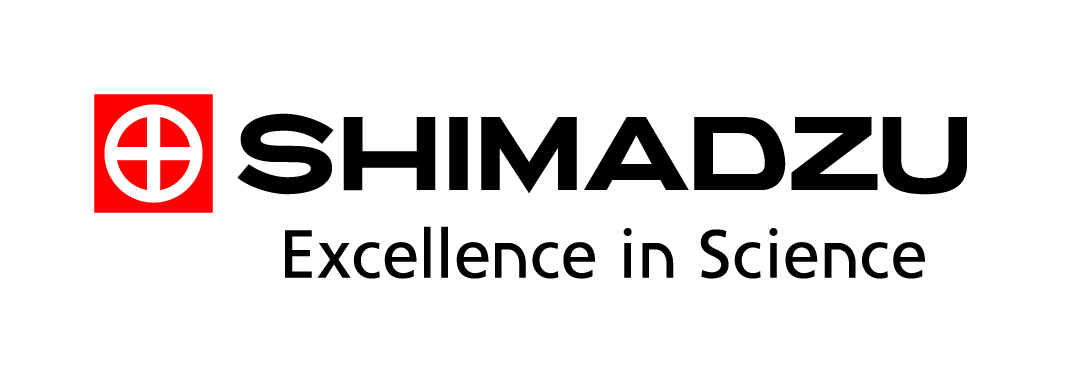Cell culture / Production control
Whereas small-molecule drugs are mostly manufactured by chemical synthesis, biopharmaceuticals are manufactured using living cells. To increase the production quantity and consistency of proteins used as raw materials for biopharmaceuticals, it is important to understand the metabolism of host cells. Because fluctuations in organic and inorganic components in culture solutions can affect the quantity and quality of antibodies produced, it is important to analyze the quantities of glucose, glutamine, nucleic acids, vitamins, or other organic and inorganic components in culture solutions.

Increasing the efficiency of antibody production requires understanding the metabolism of the various host cells actively being developed. The dynamics of organic and inorganic components in culture solutions are also known to be affected by mutual interactions within the culture solution. Therefore, an integrated data analysis of these component quantities in culture solutions is useful for understanding their metabolism.

Sugars are widely used as a source of carbon in culture media for animal cells and microorganisms, but the bioactivity of sugars can vary significantly depending on the type of sugar. Sugar nucleotides, such as glycans, glycolipids, and mucopolysaccharides, are activated monosaccharides that function as reactive substrates within the body. The LC/MS/MS Method Package for Sugars and Sugar Nucleotides includes LC/MS/MS analytical methods configured with analytical conditions and MS parameter settings optimized for analyzing sugars, sugar nucleotides, related compounds, and internal standards. The package enables the efficient analysis of sugars and sugar nucleotides by minimizing the time required to review pretreatment and analytical method settings.

Profiling components in culture supernatants can be burdensome for personnel. Systems for automating measurements using optimized simultaneous analysis methods provide support for profiling components in culture supernatants, identifying markers, and pretreating samples.

Because culture media components in cell cultures can include a variety of metabolites and other substances secreted from cells, analytical results from simultaneous analysis of organic components in culture media or analysis of inorganic components can be expected to provide information useful when considering more detailed bioprocessing.





